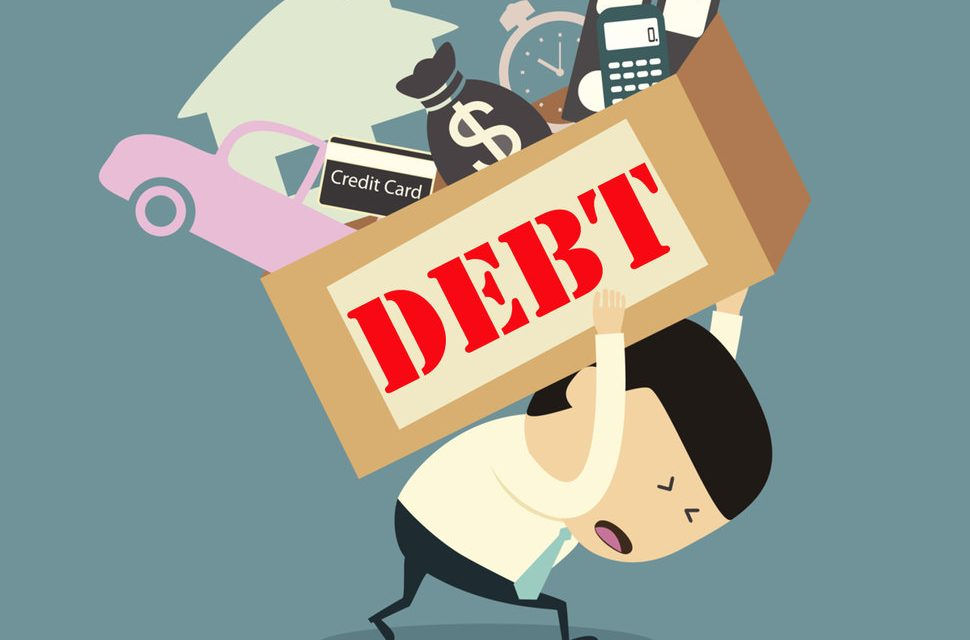Never assume you are immune from the debt trap. While you may be careful with your finances, doing all that you need to do to stay debt-free, there may be unexpected life events that could lead you into a downward spiral.
Examples? Well, consider the following.
Divorce
It’s heartbreaking when a marriage ends, for a multitude of personal reasons. But it can also be financially disastrous. There will be the need to live on a reduced income for starters, and there are also the legal costs to consider, as well as possible alimony and child support payments.
Tips: We hope this never happens to you, but it’s wise to prepare yourself just in case. To ensure finances and assets are split evenly after a breakup, it’s worth drawing up a binding financial agreement (prenuptial agreement) with your lawyer. There is more here on the binding financial agreement cost. This will alleviate the situation down the line, as it should make the divorce more amicable. It’s also worth having a separate bank account to that of your partner, putting aside money for yourself should the unthinkable happen. And if you do have to go through a divorce, be prepared to downsize, as even if you’re left with the house, you may not be able to afford the property outgoings alone.
Medical emergencies
We can’t always predict a medical emergency, as we might be involved in an accident that precipitates medical treatment. But whatever the case, should we fall ill, get injured, or discover a previously undiagnosed health condition, we are going to be looking at a possible expense. Medical bills are one thing, but there is also the lack of income if we are forced out of work for a while.
Tips: UK readers can benefit from free health care, but if you’re from anywhere else in the world, you might not be so lucky. Therefore, despite the monthly expense, you might want to fork out for health insurance to safeguard you from financial ruin. You should also set up an emergency fund ahead of time, just in case the worse happens. This will negate the need to use your savings, which may be in place for something more enjoyable than a hospital stay. And if you are housebound for a while, contact your employer regards sick pay, and consider ways of earning money from home while you recuperate.
Redundancy
We live in a world where our jobs aren’t safe anymore. Robots are taking over many of our positions, and to make financial cutbacks, many employers are forced to let their employees go in a bid to make ends meet. Job security is a thing of the past.
Tips: It’s important to safeguard yourself as soon as possible. While you may be entitled to redundancy pay, it’s still worth taking preemptive measures. This includes creating an emergency fund to give you something to fall back on if your job does end, and it also includes improving your prospects to get back onto the career ladder as soon as possible, such as researching other companies within your industry who may be able to give you a job. You might also consider moving into a new career, preparing yourself for a job with more security, using your downtime to train for those positions that aren’t going to be taken over by robots, and where redundancies are unlikely.
Finally
If you find yourself in trouble, all isn’t lost. There are ways to get out of debt if the unthinkable happens to you, and there are debt charities available to help you. Still, know that it could happen to you, and before the worst happens, take steps to help yourself in advance.
Let us know your thoughts.
